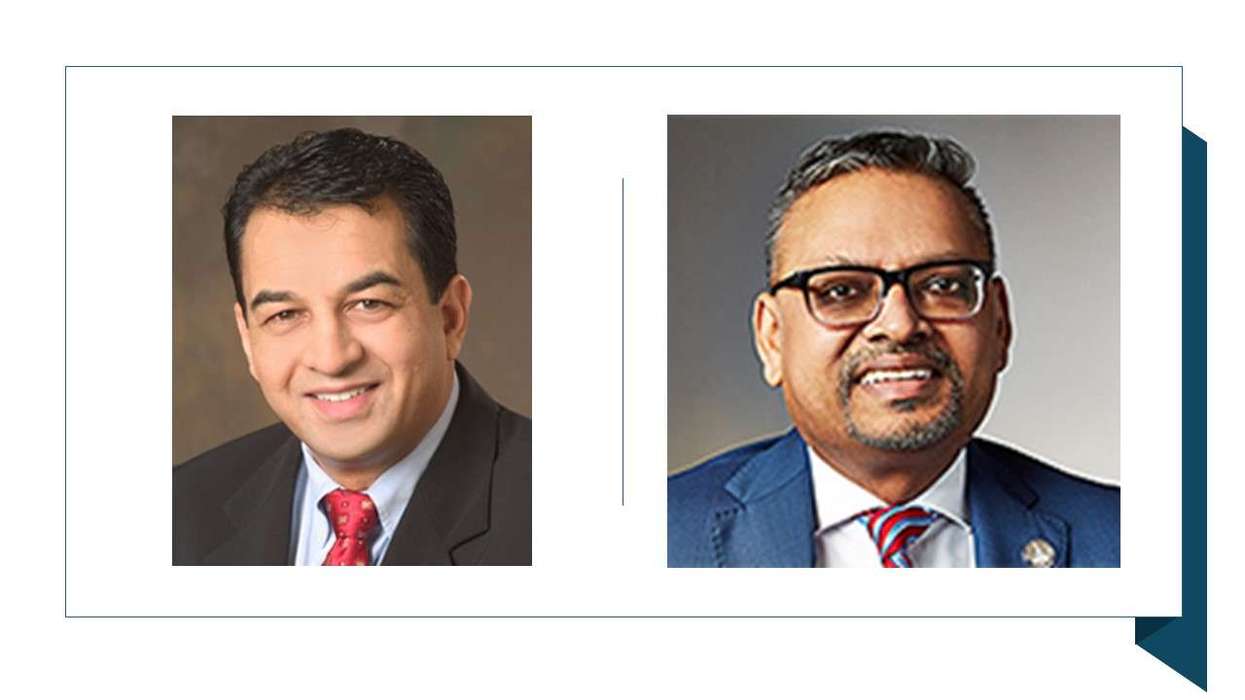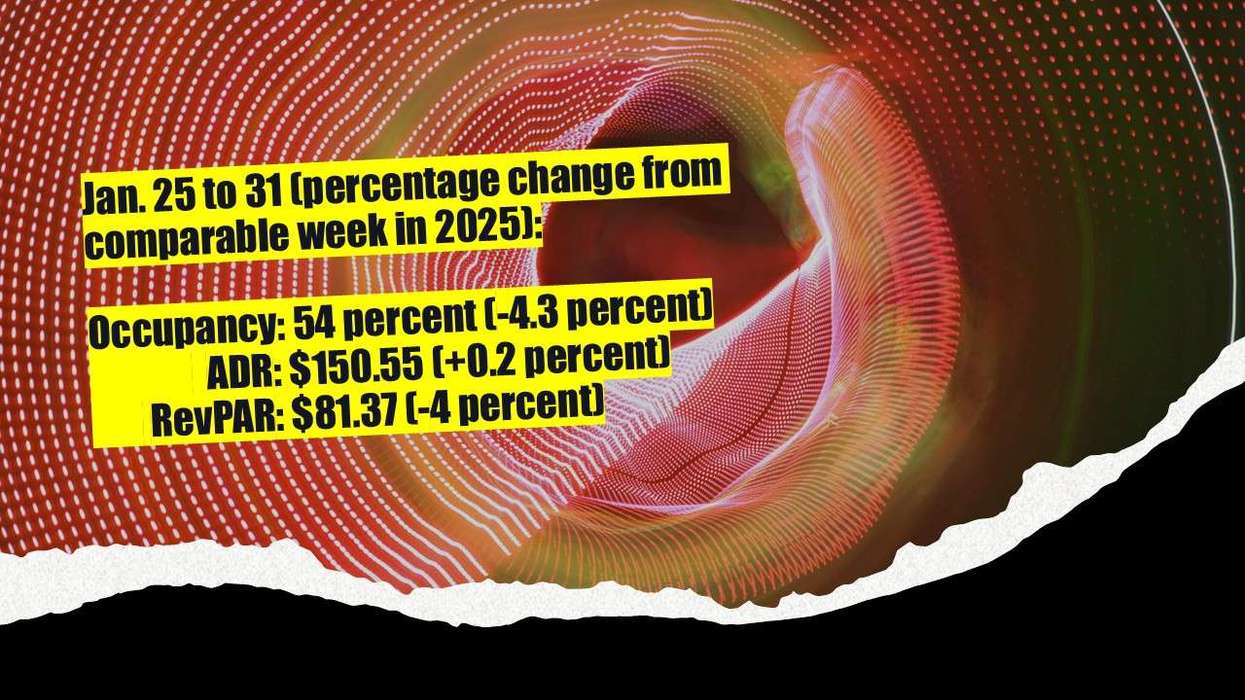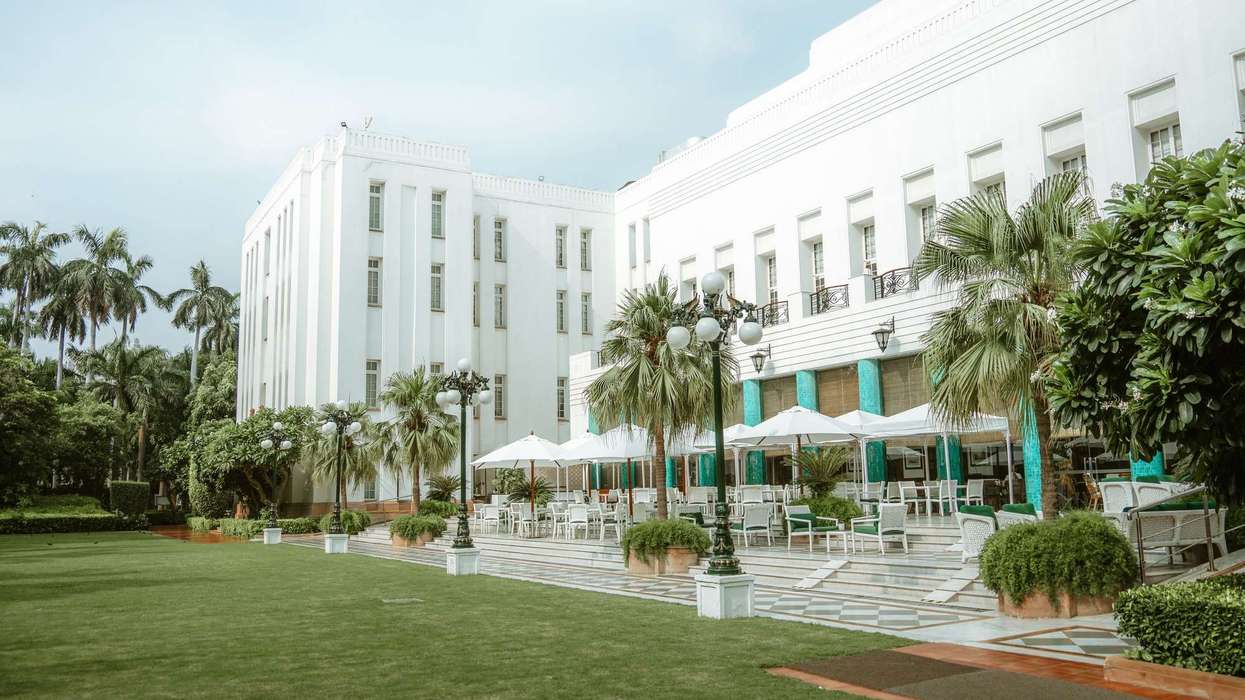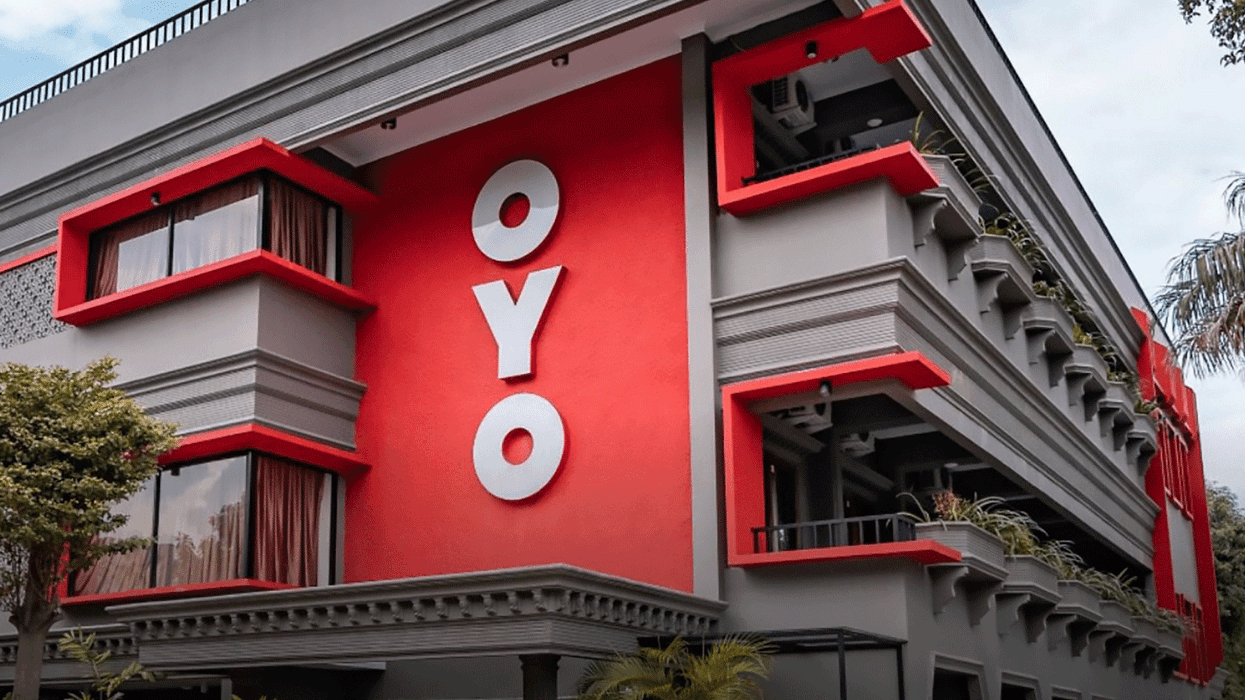What Is NamAIste? IIHM Kolkata’s AI Leap in Hospitality
THE INTERNATIONAL INSTITUTE of Hotel Management Kolkata recently launched “NamAIste – IIHM HospitalityGPT,” the first generative AI platform tailored to the hospitality industry. The platform supports industry professionals and students globally at the shop-floor level.
NamAIste is a customised large language model built for hospitality, providing real-time access to industry insights, global trends, standard operating procedures and service innovation strategies for students, faculty, professionals, and stakeholders, IIHM Kolkata said in a statement.
Entiovi Technologies was the tech partner behind NamAIste's development.
“It is an engine of innovation, excellence, and a bold announcement that India is on par with the best in the world,” said Suborno Bose, IIHM’s chairman. “The time for India to lead has come and we have arrived. If the U.S. can have Google and China can have DeepSeek, India can, and now does, have NamAIste. It is designed to empower students, faculty, hospitality professionals, and industry stakeholders with real-time access to insights, trends, and global best practices.”
Bose also said pilot tests showed NamAIste could cut guest room turnaround time by more than half, from 40 minutes to 18 or less, by using app-based processes.
“The application will make everything from booking and guest experiences to waste management process-driven and seamless,” he said. “It will not replace human resources but will assist and guide them to be more efficient, thereby adding value to the organisation’s profitability.”
He said the hospitality industry has shown strong interest in the application, which will be offered as a free download for the first year. Bose noted that more use cases will help the platform deliver better professional solutions.
“We will launch the professional version after a year, which will follow a subscription model,” he said.
Sanjoy Chatterjee, Entiovi Technologies’ director, said the platform is built on open-source technology and draws on hospitality data from 60 countries.
“Imagine a student in Bengal asking a question about Japanese culinary history and receiving an answer sourced from Japanese documents, translated into Bengali,” he explained, citing a simple use case of the tool in hospitality education and training.
Manish Dayya, general manager at Sofitel, BKC Mumbai, said it is a proud moment for India as the tool is made in India and supports the Make in India movement.
“This tool and technology will support the hospitality industry in India and globally,” he said.
A recent Rubix Data Sciences report found that India’s hospitality industry is projected to grow steadily despite regional and geopolitical uncertainties, with revenue expected to exceed $12.8 billion by 2027.






